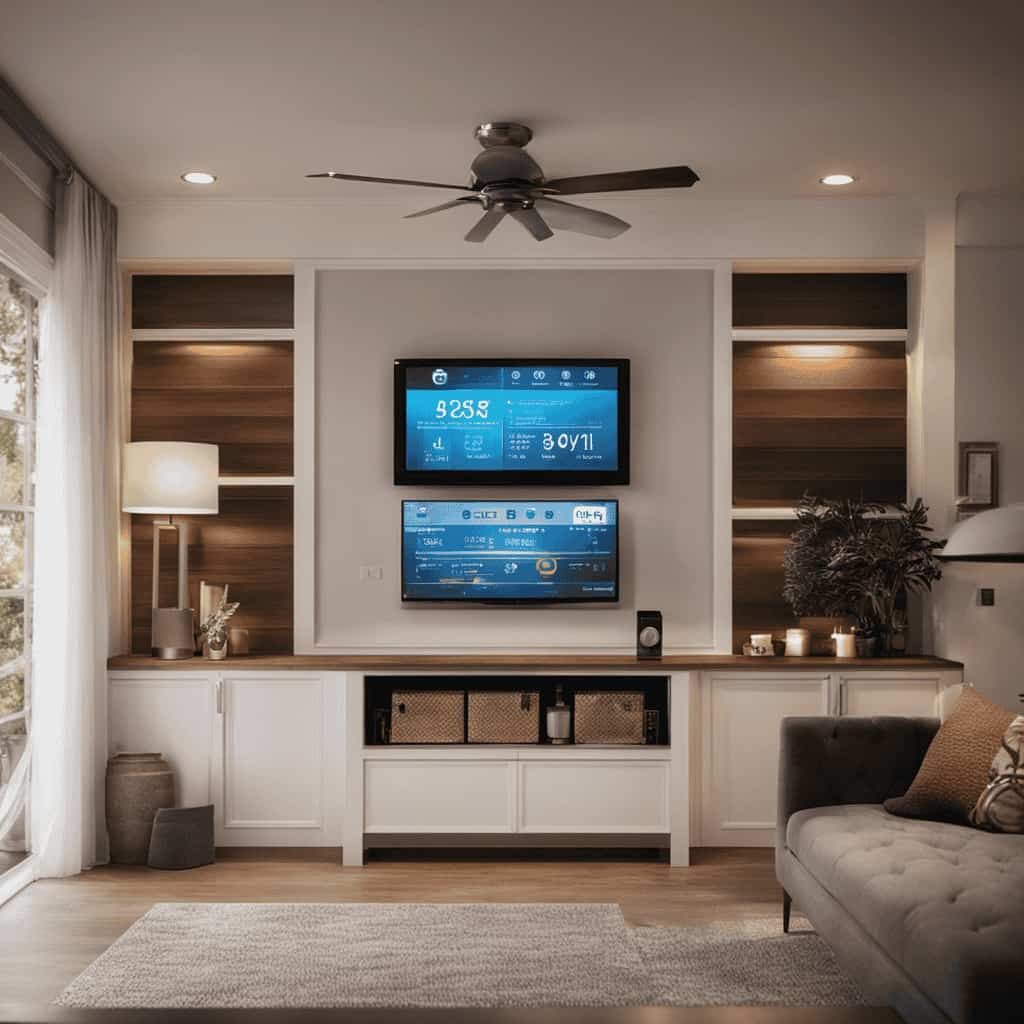We’ve all been told about the significance of increasing the energy efficiency of our homes. However, how can we effectively maximize our energy savings?
The answer lies in heat pumps. These innovative devices have become a game changer in sustainable home design, offering a range of benefits that go beyond just reducing energy consumption.
In this article, we’ll explore the advantages of incorporating heat pumps into your home and provide practical tips for optimizing their performance.
Get ready to take your energy efficiency to the next level with the heat pump advantage.
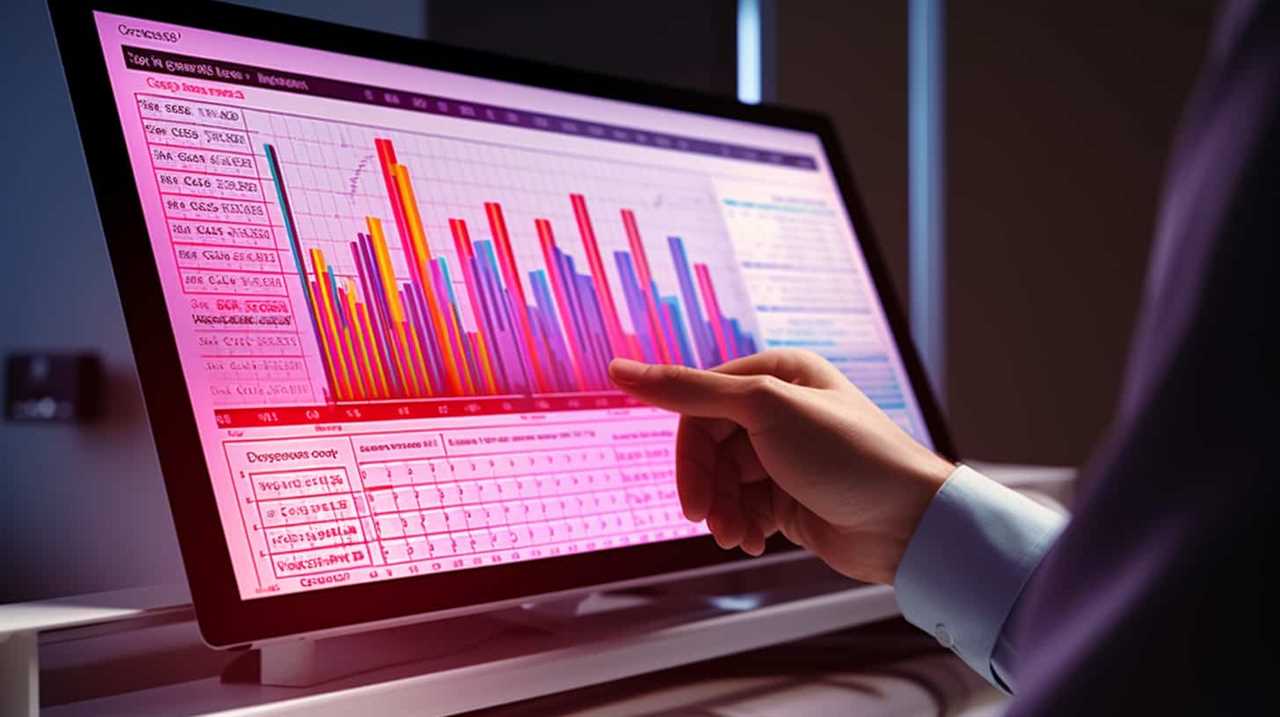
Key Takeaways
- Heat pumps play a crucial role in achieving green building certifications like LEED and ENERGY STAR.
- Heat pumps are highly efficient compared to traditional heating and cooling systems.
- Regular maintenance ensures optimal efficiency of heat pumps.
- Staying updated with the latest heat pump technology can improve energy efficiency.
The Importance of Heat Pumps in Green Home Design
We believe that three key factors highlight the importance of heat pumps in green home design.
First, green building certifications, such as LEED and ENERGY STAR, prioritize energy efficiency and sustainability. Heat pumps play a crucial role in achieving these certifications by providing highly efficient heating and cooling solutions.
Second, heat pump technology advancements have revolutionized the industry. With improved efficiency and performance, heat pumps are now capable of delivering consistent comfort while minimizing energy consumption.
Lastly, heat pumps contribute to reducing greenhouse gas emissions, making them an environmentally friendly option for green homes. By utilizing heat pumps, homeowners can significantly decrease their carbon footprint and contribute to a greener future.
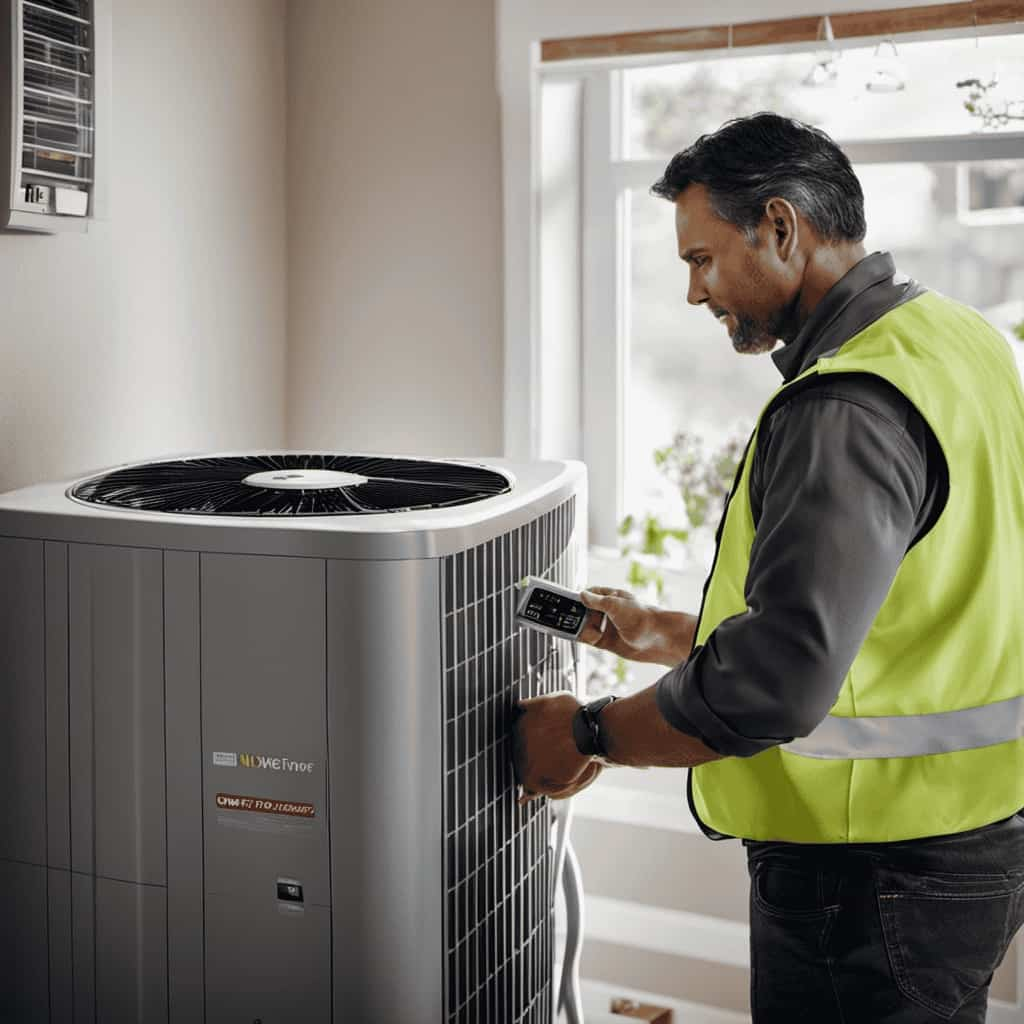
Understanding the Energy Efficiency of Heat Pumps
Our goal is to understand the energy efficiency of heat pumps and how they can maximize energy savings.
Heat pumps are energy efficient heating solutions that use electricity to transfer heat from one place to another. They work by extracting heat from the air, ground, or water and transferring it to a designated area, such as a home or office.
By improving heat pump technology, manufacturers have made significant advancements in energy efficiency. These improvements include the use of variable speed compressors, enhanced heat exchangers, and smart controls.
Variable speed compressors allow heat pumps to adjust their output based on the heating or cooling needs, resulting in optimal energy usage. Enhanced heat exchangers maximize heat transfer efficiency, while smart controls offer precise temperature control and energy management.
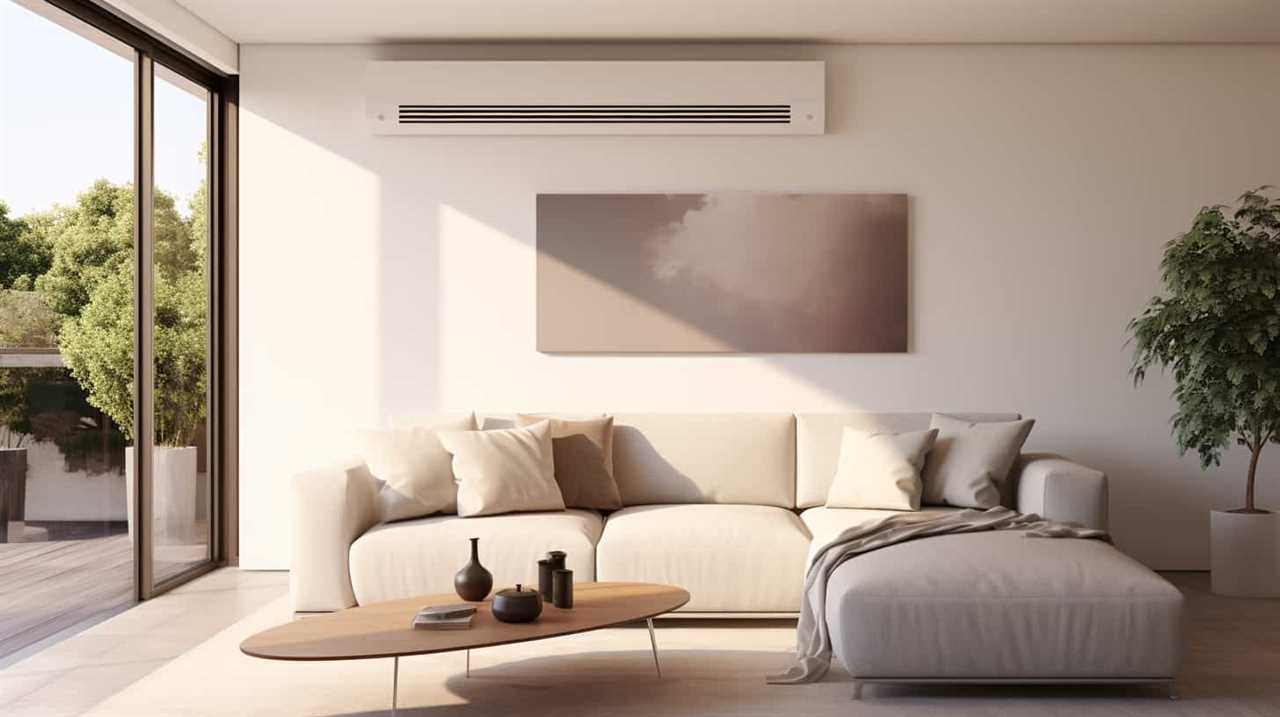
All these advancements contribute to the energy efficiency of heat pumps and help maximize energy savings.
Key Benefits of Incorporating Heat Pumps in Sustainable Home Design
By incorporating heat pumps in sustainable home design, we can achieve both energy efficiency and environmental sustainability. Heat pumps offer several key benefits that make them an excellent choice for reducing carbon emissions and increasing home comfort:
-
Energy Efficiency: Heat pumps are highly efficient compared to traditional heating and cooling systems. They use electricity to transfer heat from the air or ground, rather than generating heat directly, resulting in significant energy savings.
-
Environmental Sustainability: Heat pumps produce fewer greenhouse gas emissions compared to fossil fuel-based systems. By using renewable energy sources, such as solar or wind, to power the heat pump, we can further reduce carbon emissions and contribute to a cleaner environment.

-
Enhanced Home Comfort: Heat pumps provide both heating and cooling capabilities, ensuring year-round comfort. They offer precise temperature control, improved air quality, and reduced humidity levels, creating a healthier and more comfortable living environment.
Incorporating heat pumps in sustainable home design not only helps us reduce our carbon footprint but also enhances the overall comfort and well-being of our homes.
Maximizing Energy Savings With Heat Pumps
To truly maximize energy savings, we can regularly maintain and optimize our heat pumps. By keeping our heat pumps in optimal condition, we ensure that they’re operating at peak efficiency, providing us with cost-effective heating and cooling solutions.
Regular maintenance includes cleaning or replacing air filters, checking refrigerant levels, and inspecting the system for any potential issues.
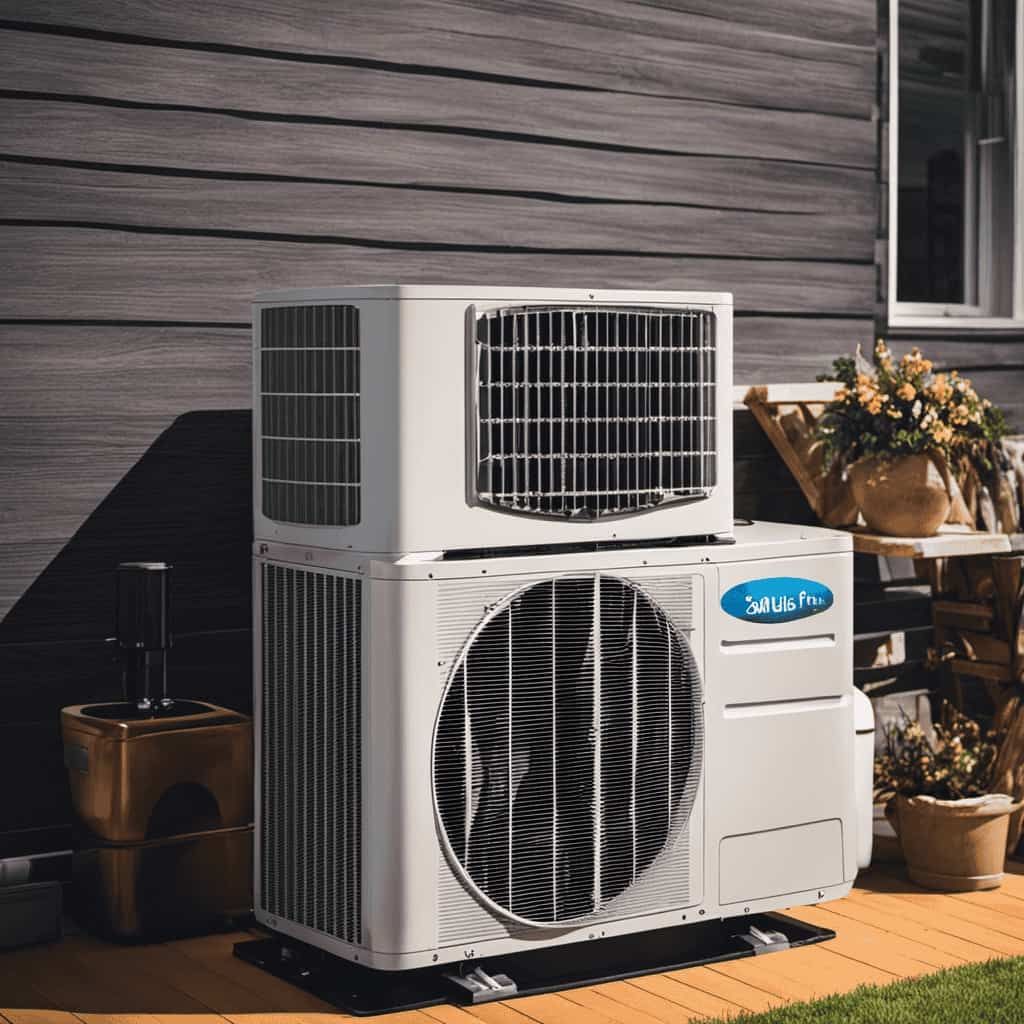
Additionally, staying up to date with the latest advancements in heat pump technology can further improve energy efficiency. Newer models offer features such as variable-speed compressors and smart thermostats, which allow for more precise temperature control and reduced energy consumption.
Tips for Optimizing Heat Pump Performance in Energy Efficient Homes
One important tip for optimizing heat pump performance in energy efficient homes is to regularly schedule professional maintenance checks at least once a year. These maintenance checks help ensure that the heat pump is running efficiently and can identify any potential issues before they become major problems.
In addition to regular maintenance, there are several other ways to optimize heat pump performance in energy efficient homes:
-
Keep the air filters clean: Clogged air filters restrict airflow and reduce the heat pump’s efficiency. Regularly cleaning or replacing the filters can improve performance.
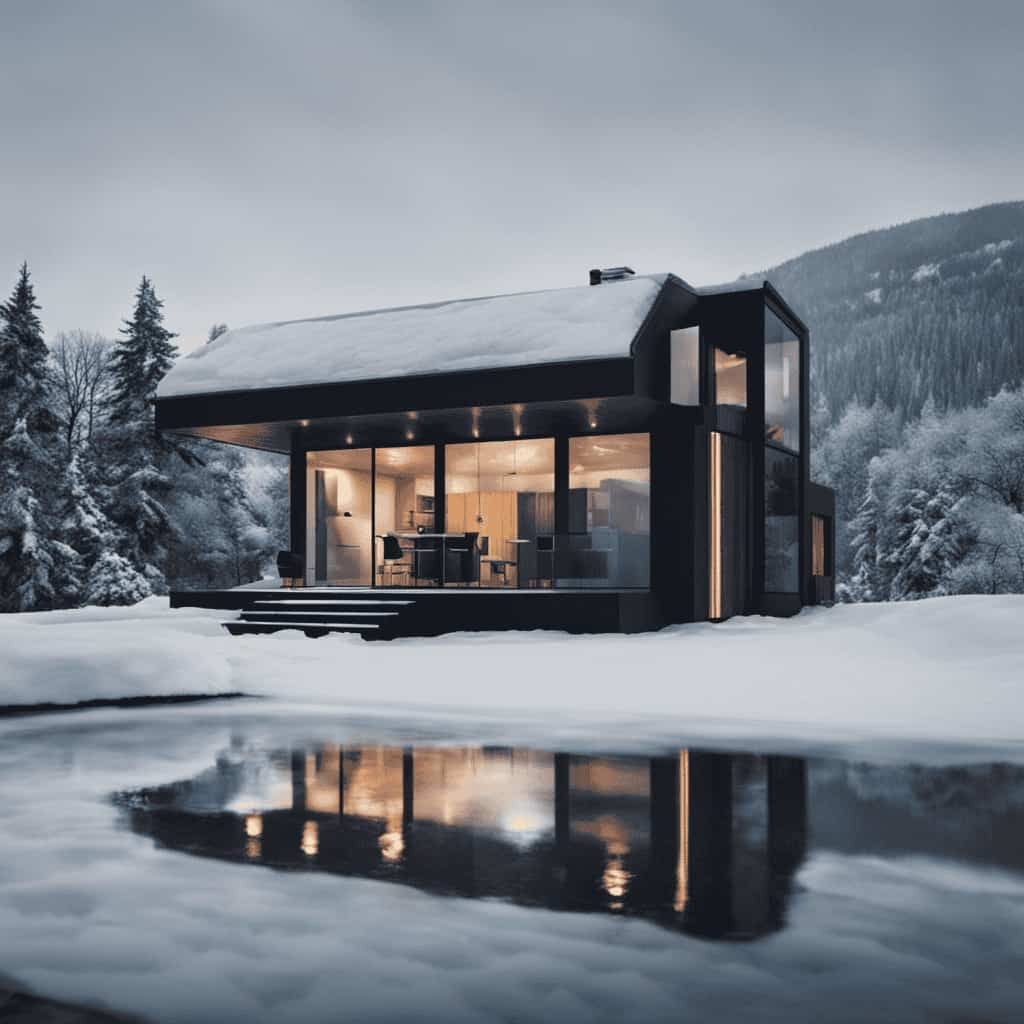
-
Maintain the outdoor unit: Keep the outdoor unit free from debris, such as leaves or dirt, to ensure proper airflow and prevent any obstructions.
-
Use a programmable thermostat: A programmable thermostat allows you to set different temperatures throughout the day, optimizing energy usage and reducing energy consumption.
Frequently Asked Questions
What Are the Different Types of Heat Pumps Available for Sustainable Home Design?
There are different types of heat pumps available for sustainable home design, including ground source and air source. They provide efficient heating and cooling, maximizing energy efficiency and reducing carbon emissions.
Can Heat Pumps Be Used in All Climates?
In extreme climates, using heat pumps may require additional considerations. Factors such as temperature range, insulation, and backup heating options should be taken into account when choosing a heat pump for different climates.
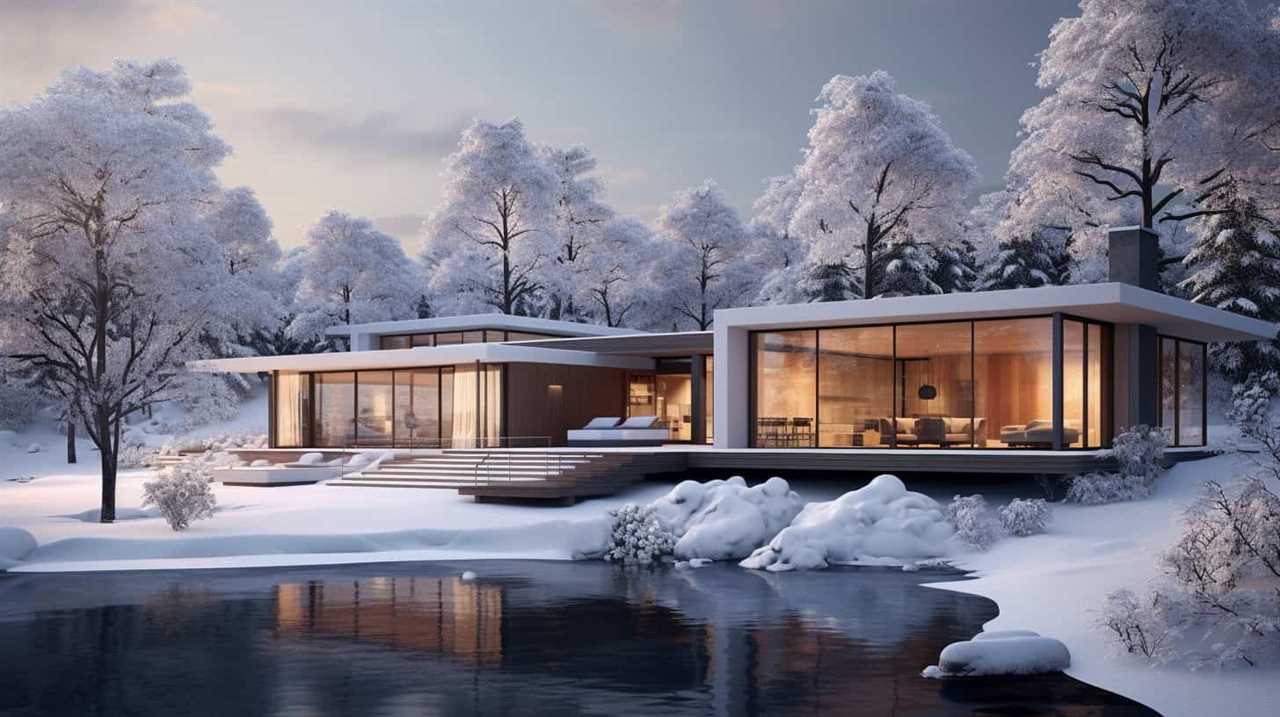
Are There Any Government Incentives or Rebates Available for Installing Heat Pumps?
Yes, there are government incentives and rebates available for installing heat pumps. These incentives can help offset the initial cost and encourage homeowners to invest in energy-efficient heating and cooling systems, resulting in long-term energy savings.
How Long Do Heat Pumps Typically Last Before Needing Replacement?
Heat pumps typically last around 15-20 years, but signs of replacement may include inefficient heating or cooling, constant repairs, and increased energy bills. It’s important to monitor your heat pump’s performance for optimal efficiency.
Are There Any Maintenance Requirements for Heat Pumps in Energy Efficient Homes?
There are maintenance requirements for heat pumps in energy efficient homes. Regular servicing and cleaning of the heat pump unit, air filters, and ductwork is necessary to ensure optimal performance and energy efficiency.
Conclusion
In conclusion, incorporating heat pumps in sustainable home design is a key strategy for maximizing energy efficiency. These devices offer numerous benefits, such as reduced energy consumption and lower carbon emissions.
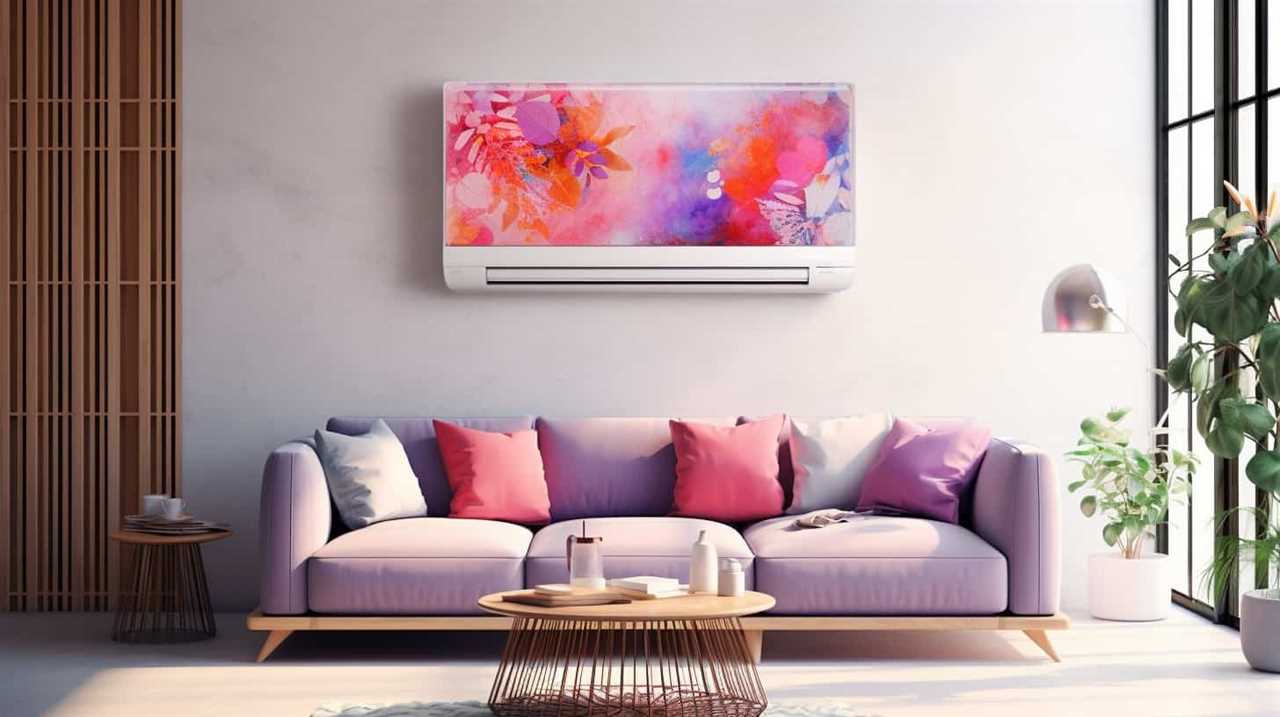
By optimizing heat pump performance and considering energy-saving tips, homeowners can further enhance the energy efficiency of their homes. Like a well-oiled machine, heat pumps can efficiently transfer heat and provide a comfortable living environment while minimizing energy waste and maximizing energy savings.





